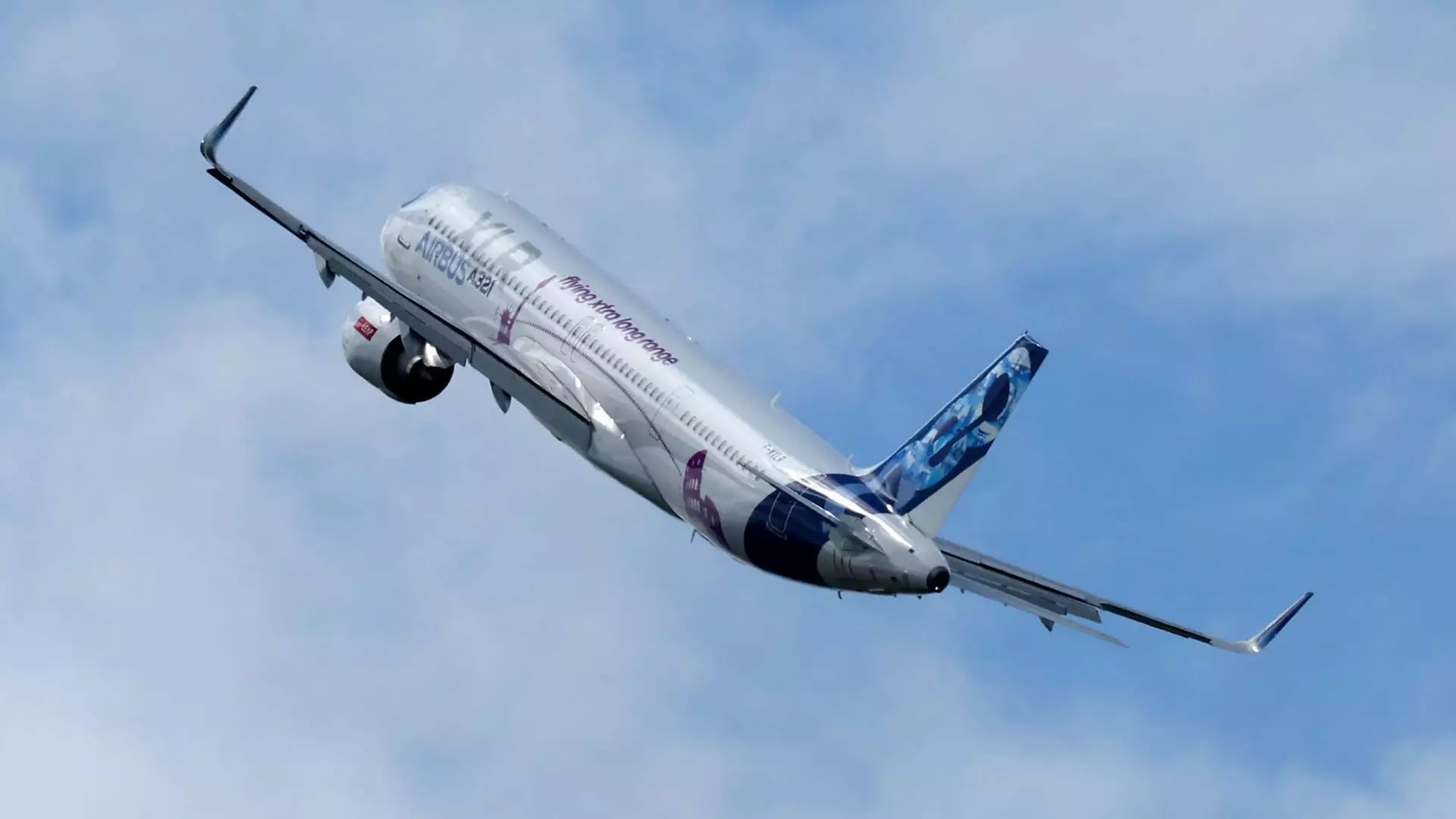The aviation industry has been facing significant challenges in recent years, as evidenced by the low number of massive airplane orders at the Farnborough Airshow. This year, the focus was not on new orders but rather on the struggles faced by major manufacturers Boeing and Airbus. These struggles include ramping up airplane production, dealing with pandemic-related issues, and training new workers. The lack of orders is a clear indication of the difficulties that the industry is currently facing and the long road ahead to resolve these issues.
Both Boeing and Airbus have acknowledged their lack of commitment to timely and predictable production, leading to disappointment among supply bases and airlines. The delays in production have created a shortage of new, fuel-efficient planes, causing headaches for various stakeholders in the industry. Boeing’s Senior Vice President of Global Supply Chain and Fabrication, Ihssane Mounir, admitted to these failures and emphasized the need for better planning and execution to regain credibility in the market.
Analysts are predicting continued challenges for both Boeing and Airbus in the coming months, with expectations of losses and reduced delivery targets. The current backlog of orders for both manufacturers indicates a high demand for new aircraft, but the production strains are hindering their ability to meet these demands. The quarterly results from Airbus and Boeing this week will provide more insights into the future of production and delivery in the aviation industry.
One of the major challenges facing the aviation industry is the need to train new workers to replace the skilled employees lost during the pandemic. Both Boeing and Airbus are aware of this issue and are planning to invest in training programs to attract new talent to the aerospace field. With a projected timeline of three to five years to address this shortage, the industry needs to reset wages and create a more attractive environment for potential workers. Investing in training programs and supporting smaller suppliers will be key to overcoming this challenge.
Supply chain disruptions, including shortages of critical components like landing gear, engine parts, and cabin interiors, have further complicated production for Boeing and Airbus. These issues have slowed down production and led to delays in delivering new aircraft to airlines. Airbus is taking a more proactive approach by deploying supply chain engineers to work closely with suppliers and address these specific issues. The focus is on building a more reliable and transparent supply chain to prevent future disruptions and ensure smooth production processes.
The aviation industry is facing significant challenges that require immediate attention and strategic planning to overcome. The low number of orders at the air show highlights the struggles of major manufacturers like Boeing and Airbus in ramping up production, training new workers, and addressing supply chain issues. By investing in training programs, improving supply chain transparency, and increasing production efficiency, the industry can work towards a sustainable and successful future.

